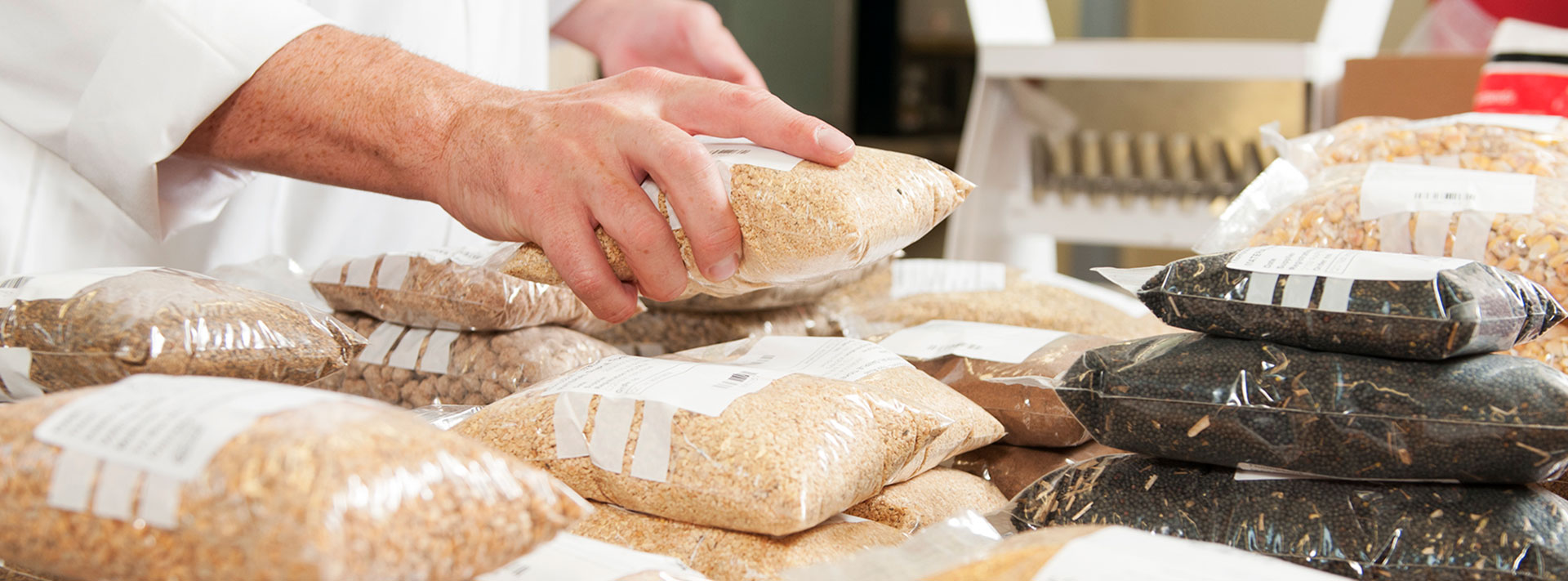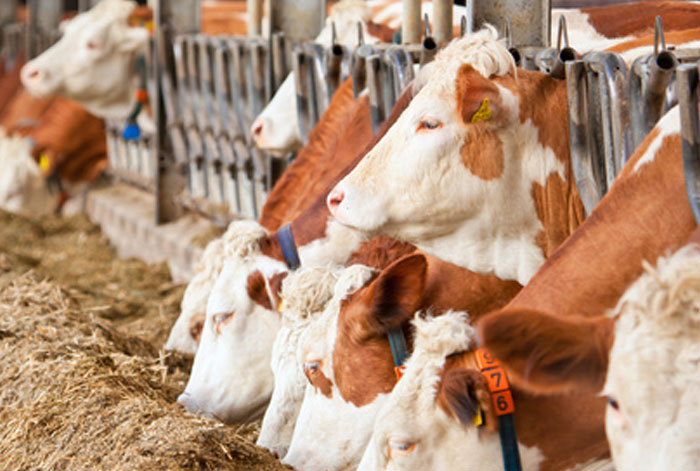




Feed analysis is of great importance in improving the quality and safety of foodstuffs, improving animal productivity and welfare, and protecting the environment.

Demand for global animal products is expected to rise above 2050 by 60. The livestock sector is under severe pressure on the amount of safe and nutritious feed that animals will use to meet this demand. Animal feeds must be balanced and free of toxins and pollutants. The safety and quality of animal feed is vital for the prevention of hazardous substances entering food.
In advanced laboratories, feed tests and analyzes are conducted to determine the level of substances that should and should not be present in the feeds to provide accurate information on the composition of feed ingredients and to ensure safe and balanced diets for livestock production.
Poor nutrition of animals affects not only the productivity, but also the health, behavior and welfare of the animal. More importantly, the safety and quality of the food chain can be adversely affected by feed and foodborne pathogens such as escherichia coli or salmonella. Likewise, the presence of mycotoxins, heavy metals and pesticides in feeds adversely affect animal and human health and product quality.
Contaminated feed causes significant economic losses for producers in the animal feed sector in general. Therefore, feed analysis laboratories play a major role in ensuring animal product quality through accurate and regular measurement of pollutants and toxins.
Feed costs are an important cost element in animal production. One way to reduce these costs is to ensure a balanced nutrition of the animal. To ensure balanced nutrition, feed analysis laboratories support manufacturers to produce reliable data on chemical components and to make more efficient use of available feed resources. In this context, the nutrient requirements of the animals, the feed values of the feeds given to the animals and the appropriate ratios for different animal species are determined by these tests.
The application is received, the contract and then the product, vehicle and vehicles for which, what kind of service is determined exactly.
The necessary laboratory environment is prepared and the products, tools and instruments requested by the organization are tested by experts with the reference of the existing standards and measurements are made.
The data obtained as a result of meticulously completed tests, measurements and analyzes are evaluated and accredited approved reports are submitted by expert engineers.
To get an appointment, to get more detailed information or to request an evaluation, you can ask us to fill in our form and reach you.